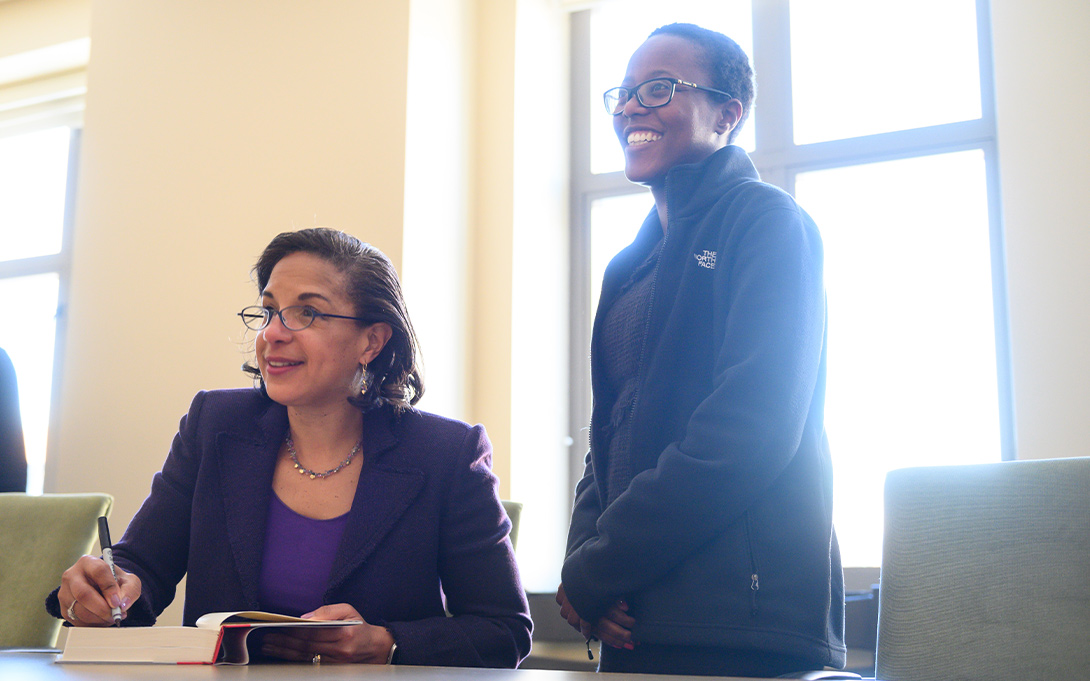Ford School wins innovation in international programming award

The Association of Professional Schools of International Affairs (APSIA) recognized the Ford School of Public Policy's Student-Initiated Projects (SIPs) and Extended Research Projects (ERPs) with the Innovation Award for Professional Development Programming, which "celebrates new or innovative programming that helped graduate students develop professionally in the fields of international affairs within the last year."
SIPs and ERPs both provide a wide range of opportunities for undergraduate and graduate Ford School students to learn about foreign policy, national security, immigration, international development, and human rights. SIPs are short-term work-study projects, often lasting for roughly one week and timed to coincide with periods such as spring break. ERPs are semester-long intensive research projects in which students partner with external institutions such as NGOs and think tanks to address cutting-edge policy issues. Projects range from curating a museum exhibit on Russian migration to working with the Austrian government on science diplomacy to supporting leading NGOs in combating illicit mining in Colombia to producing original policy research. Both SIPs and ERPs are funded and supported by the International Policy Center and the Weiser Diplomacy Center.
APSIA announced three other awards, including the Impact Award (University of California San Diego), the Inclusion Award (University of Pittsburgh), and the Intersection Award (University of Denver). According to APSIA's website, nominations for all awards came from the institutions themselves, as well as the broader community. In all, nominations were received for members and affiliates in seven countries. Representatives of APSIA members and affiliates served as evaluators of the proposals based on a set of standard criteria.

